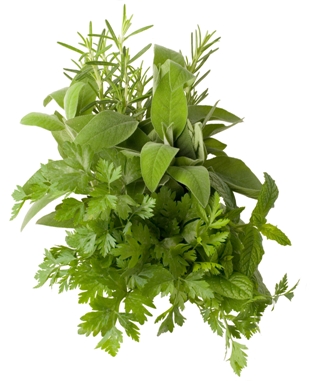
I welcomed and felt right at home in the midst of all this unpredictability and wondered why so much of this has vanished in western kitchens – whether they be home or commercial ventures. Was it a fundamental difference between the eastern and western worlds that led to this or was there a more subtle cause for this rigor (as in rigor mortis)? Is it because commercial consumers expect reliability – because they demand that the dish on Thursday taste exactly the way in did last Tuesday? Is it something so fundamental as the differences between a written and largely oral tradition for passing down culinary skills? Whatever the cause, it seems a real pity to me, and I hope that I hope that more people work to counter this unfortunate trend.
Food and cuisines are not ideal forms fixed in time and space. Since man (or, for the most part when it comes to the preparation of food, woman) is the great experimenter, cuisines are always evolving. Removing the individual variability from recipes cooked in home or commercial kitchens dampens the engine of change. When individual chefs and cooks feel ‘unworthy’ to vary a recipe out of say, Larousse or Escoffier, real exploration and evolution of ingredient and flavor combinations or preparation styles slow down and we are stuck with ever more elaborate presentations or change for commercial shock value instead.
When I was coming up, the term ‘elegant’ was a great compliment. It didn’t mean chic or stylish, rather it meant simple and beautiful at the same time. Simplicity was at the root of the definition, and still is. Elegant ideas can change the way people think or experience something, and occasionally, they can change the world. Not to be slavishly trendy, one idea that is changing western food preparation right now is deconstruction. Being lucky enough to have all three of Jose Andres’ restaurants within a few blocks of my office, I get to sample his take on this elegant idea a lot. Frankly the foams leave me flat and make me feel a bit geriatric. However, dishes like the ‘new way guaco’ and ‘deconstructed mole’ are really a wonderful thing to behold and to taste. Dishes prepared this way really are different – and yes, they really are elegant.
While home cooks are less inclined to engage in deconstructivist culinary acrobatics on a daily basis, they can change things by experimenting with flavor combinations that are new for them. Using “sweet spices” like cinnamon or nutmeg on a steaks or chops; changing lemon juice to lime juice when that’s what the grocery provides or by substituting dill or tarragon – if you like the former and dislike the latter – even if the recipe you are working with doesn’t suggest that as a variation. Don’t fear what may be unknown. Consult the recipes, but use them only to guide you – not to fence you in. Revel in the creativity and the freedom. Bring the spirit of the Silk Road home. (words by Laura Kelley)
